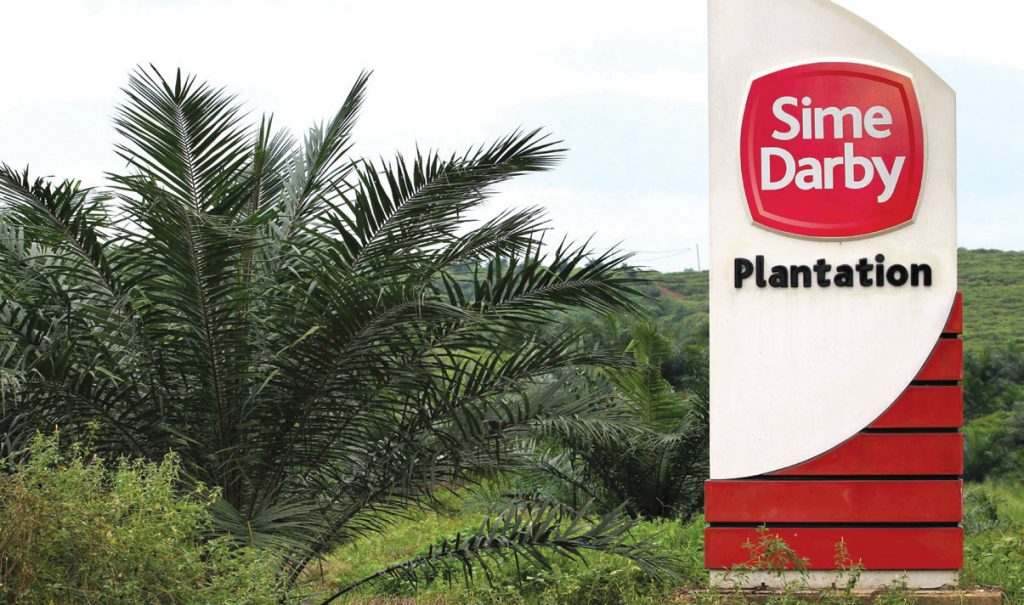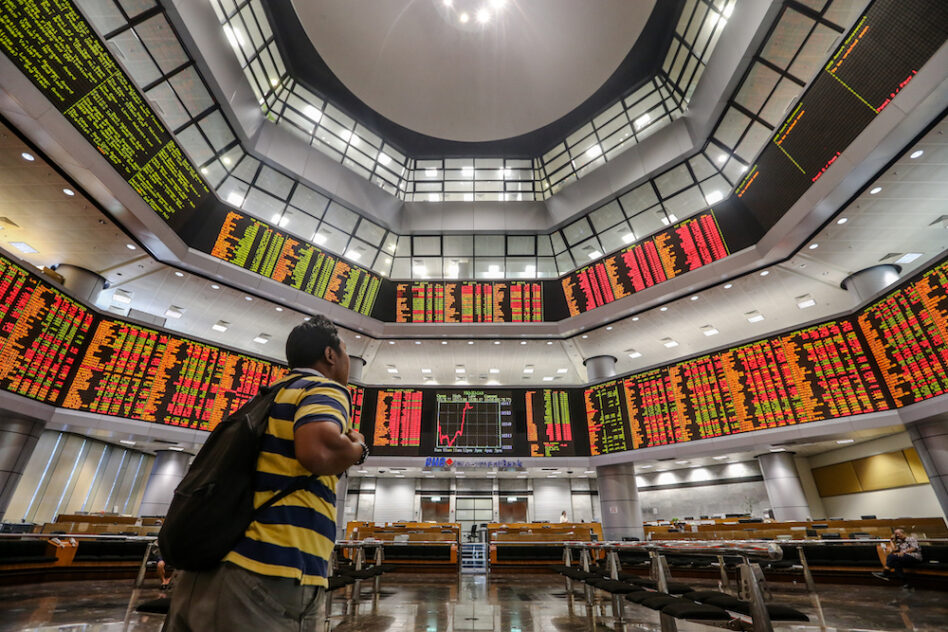PARTI Sosialis Malaysia (PSM) wishes to commend Sime Darby Plantation Bhd (SDP) on the significant policy measures it has committed itself to in response to the ban on its products by the US Customs and Border Protection due to forced labour practices in its operations.
It is noteworthy that SDP has promised a new ‘culture’ in the employment of migrant workers in order to weed out the problem of forced labour.
We agree that a new culture is indeed necessary as forced labour and slavery cannot be resolved by short-term piecemeal measures as these practices can keep recurring further down the line, exposing offenders to repeated bans on their products.
The absence of a comprehensive national policy has been pointed out again and again as a leading cause of the many evils associated with labour migration.
There has been great reluctance on the part of the Government to formulate and implement laws and much has been left to the convenience and whims of those benefitting from such an unregulated situation.
Individual employers benefit from the exploitation of a docile workforce; politicians, enforcement agencies and numerous middlemen earn handsome incomes doing business out of the hardship of hordes of poor migrants wanting to enter Malaysia to work.
The welfare and rights of these workers is low priority.
SDP’s changes in the areas of recruitment and management of migrant workers are a welcome departure from business as usual, along with their promise of “ensuring that the welfare and wellbeing of workers are improved and entrenched within the organisation”.
SDP has claimed it was unaware of the breach of its zero-recruitment fees policy by unscrupulous recruitment agents, and has promised to return over RM80 mil wrongfully collected from about 35,000 current and former workers.
This is commendable. SDP has also resolved to do a revamp of its agent selection process to ensure greater accountability.
However these measures may not be enough.
If plantation companies persist in outsourcing harvesting of oil palm to contractors, then there is a high probability that the migrants employed as harvesters might experience “forced labour” conditions – poor housing, non-payment of overtime rates, non-compliance to labour laws pertaining to days of rest, sick leave, etc and the use of criminal gangs to keep the workers in line.
It would be best if plantation companies directly employ the harvesters so that their labour conditions can be monitored.
While we are happy that in SDP at least, the situation for migrant workers will likely improve, it is rather embarrassing that this positive development is not due to our own institutions and systems of check and balance.
Our institutions failed to regulate our employers. It has fallen upon the US Government, itself hardly a paragon of fair play, to call out the mistreatment of migrant workers in our places of work. – Feb 18, 2022
Rani Rasiah is a central committee member of Parti Sosialis Malaysia (PSM) and coordinator for the Migrant Issues Desk.
The views expressed are solely of the author and do not necessarily reflect those of Focus Malaysia.









